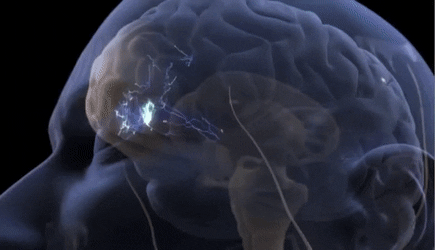Don’t Go Down that Road – VIDEO INTRO: https://youtu.be/2IM1yYOGH5U
A huge, often
self-induced obstacle that can slow us down when life is grinding along, is entering
a self-destructive pattern or phase. This phenomenon of “going down bad a road”
toward a self-destructive pattern is often unique to each person and can vary
greatly. When we have insight into our own destructive habits and patterns and
what fuels them, then we may have some idea of when we are starting to go down
a bad road mentally, emotionally, or behaviorally (or any combination thereof)
– To illustrate, consider an example.
Self-Destructive “Bad” Road to Travel:
Negative Feeling(s) – Discouragement, shame, self-doubt, insecurity
Again, it
helps immensely to know our own patterns (insight). Knowing what happens when
go down a bad road is also helpful, as the eventual outcome may be depression,
regret, consequences, etc. Once we truly know and understand our patterns and
triggers, then we can begin to ask ourselves is: What can I do to prevent
myself from going down a negative road?
The
following questions below are for self-examination and planning on this topic.
Discuss:
What is my
“bad road” like in the following areas?
· Mentally – What kind
of negative thoughts may enter my mind?
· Emotionally – What
feelings might be difficult for me when I may be taking a turn for the worse
(Shame, discouragement, depression, self-doubt, anger, resentment, etc.)
· Behavioral – What habits, actions and decisions do I to need to look out for during these difficult times? (Addictions, avoidance of responsibility, acting out angrily, shutting down, etc.)
What are
the warning signs that things may be going in a bad direction for me?
·
How can I see trouble coming before it’s too late?
· Who can
help me to see that I am going down a bad road?
What’s at
the end of the bad road? – Where does it usually lead?
· How do I
end up feeling when I go down that road?
· What are
some consequences and outcomes of going down that road?
What can I do
to divert myself from traveling down that bad road?
· Thoughts – How can
I change my thinking? What specifically can I tell myself that may help?
· Coping
skills
– What skills do I know that get me back on the right track when I need it
most?
· Supports – Who can
I turn to that will take the time to help me get back on a good course?
· Alternatives – What
else can I put my time and energy into to divert myself away from negativity?
· Other – What else
helps? (What helped in the past? – What might you be willing to try?)
Start! – If you
are currently at risk of going down a bad road, what are you going to start
doing ASAP:
1.
2.
3.
OR FIND ON Takingtheescalator.com
.jpg)













